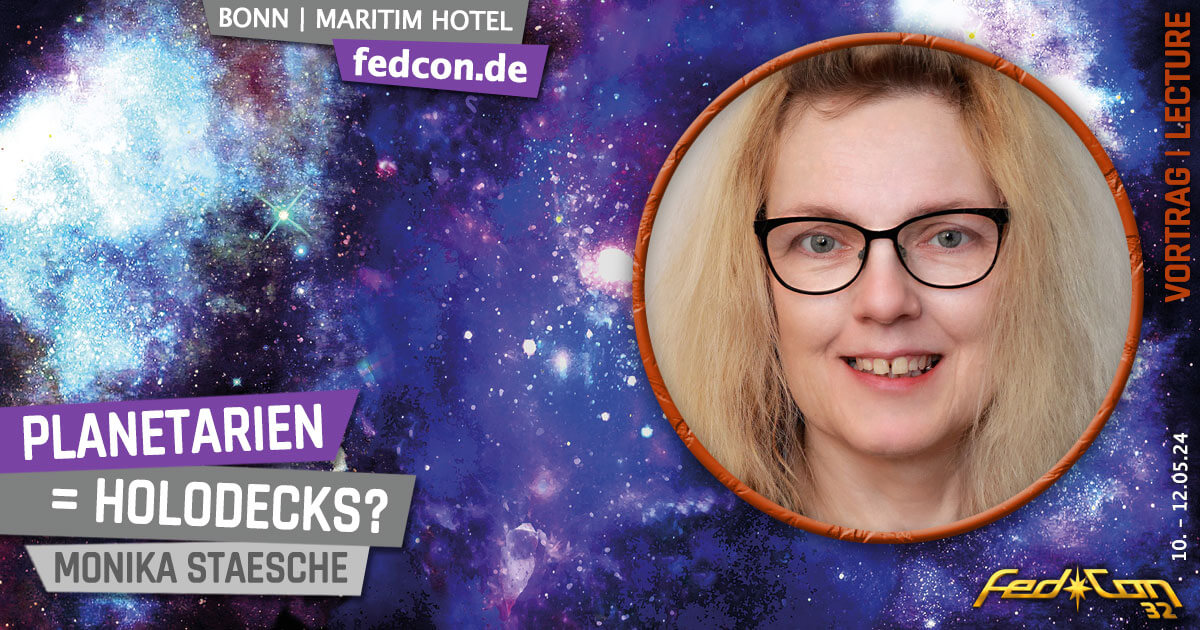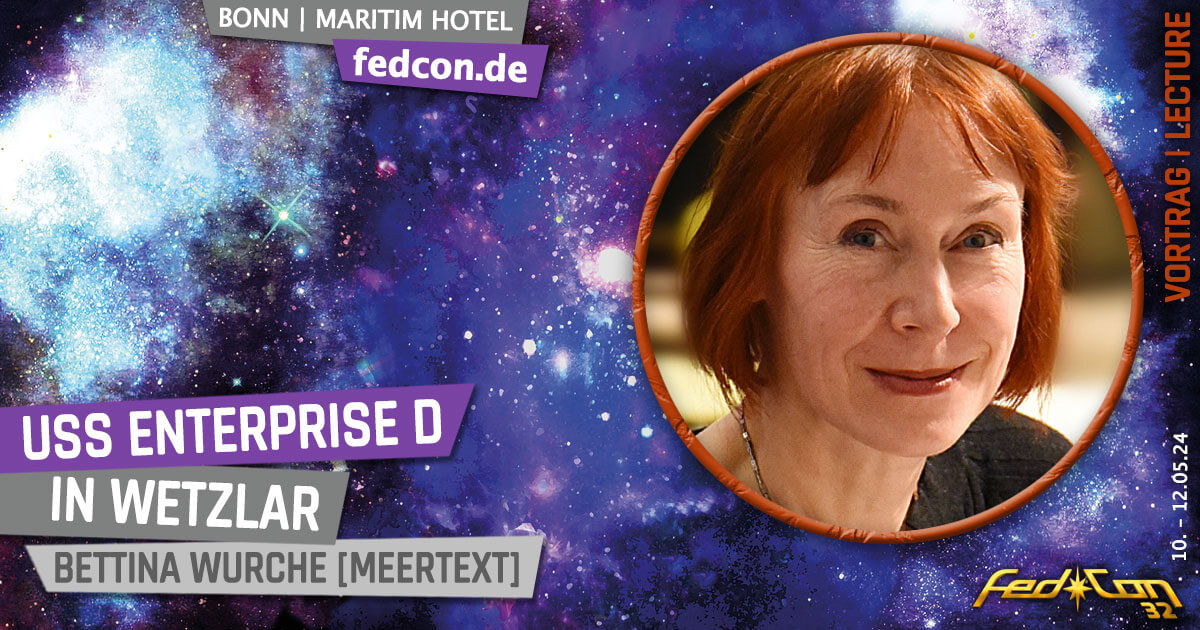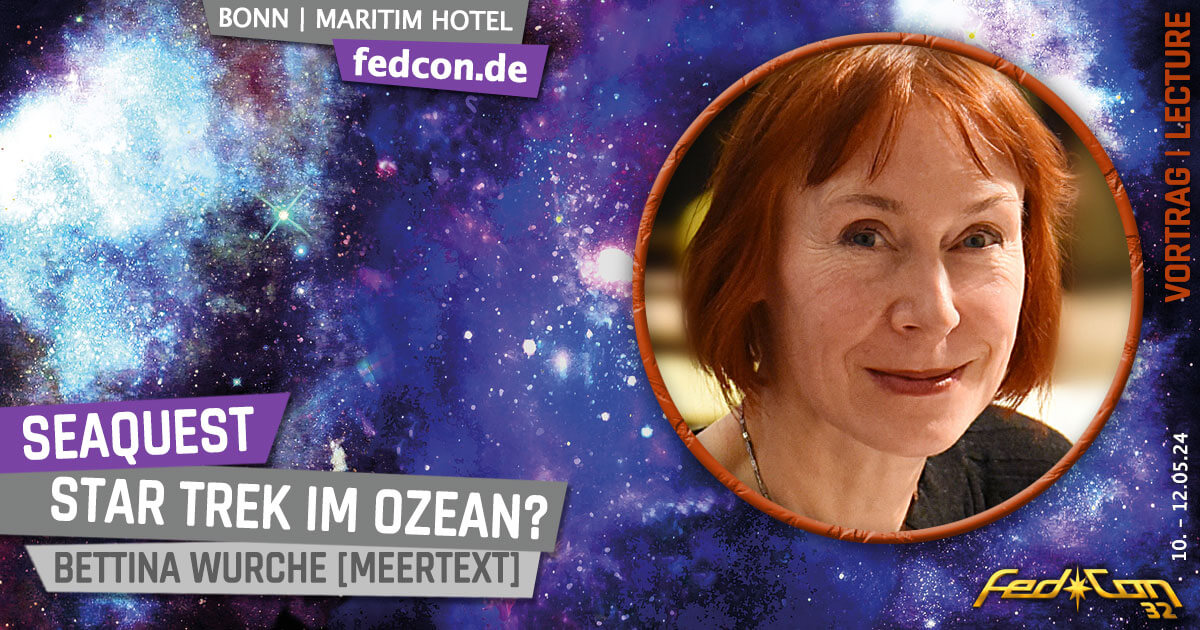
Planetariums = Holodecks?
22. January 2024
USS Enterprise D in Wetzlar
24. January 2024When the research submarine “SeaQuest” set off on its first subaquatic mission in 1993, it was regarded as “Star Trek under water”. Producer Steven Spielberg wanted the exciting series to be nothing less. He cast Roy Scheider in the leading role of the scientist and captain, who embodied this role perfectly – intellectually, athletically and energetically. Another audience favourite was the dolphin Darwin, who was simply hired as Captain Bridger’s friend. His speciality: a lifelike animatronic dolphin double.
SeaQuest addressed many topics that are still relevant today, such as deep-sea mining and animal rights. In addition, deep-sea explorer Robert Ballard spoke about real research after each episode, at least initially.
Unfortunately, the series got into increasingly silly plots in the 2nd season and was cancelled after the 3rd season.
Sabine and Patrick have just brought it back from obscurity with their Darwin podcast, discuss the individual episodes in detail and invited me as a guest. That’s why I want to present the scientific background to the submarine adventures and compare them with the current state of research. There’s also a lot more interesting facts about SeaQuest.
Lecturer: Bettina Wurche (Meertext)
Duration: 60 min - The Lecture will be held in: germanBiologist, science journalist and science blogger Bettina Wurche studied in Hamburg, specialising in marine biology. The whale expert has seen over 1000 whales on sea voyages to the Arctic and Antarctic.
She prefers to write and speak about creatures in the oceans of the past, present and future. On earth and other worlds. The exploration, sustainable use and protection of the oceans with their unique ecosystems is her special concern. She specialises in knowledge and science marketing, mostly writing for Spektrum or Bild der Wissenschaft and similar media. Born in Hamburg, she was stranded in Darmstadt, where she came into contact with space travel - as an astrobiology consultant for ESA and TerraX, among others. She also specialises in future technologies and the extrapolation of possible life scenarios.
She has also been writing the successful science blog Meertext. As a self-confessed science fiction fan, she uses SF for knowledge and science communication. Lately she has also been writing a lot about solar punk and climate fiction.


